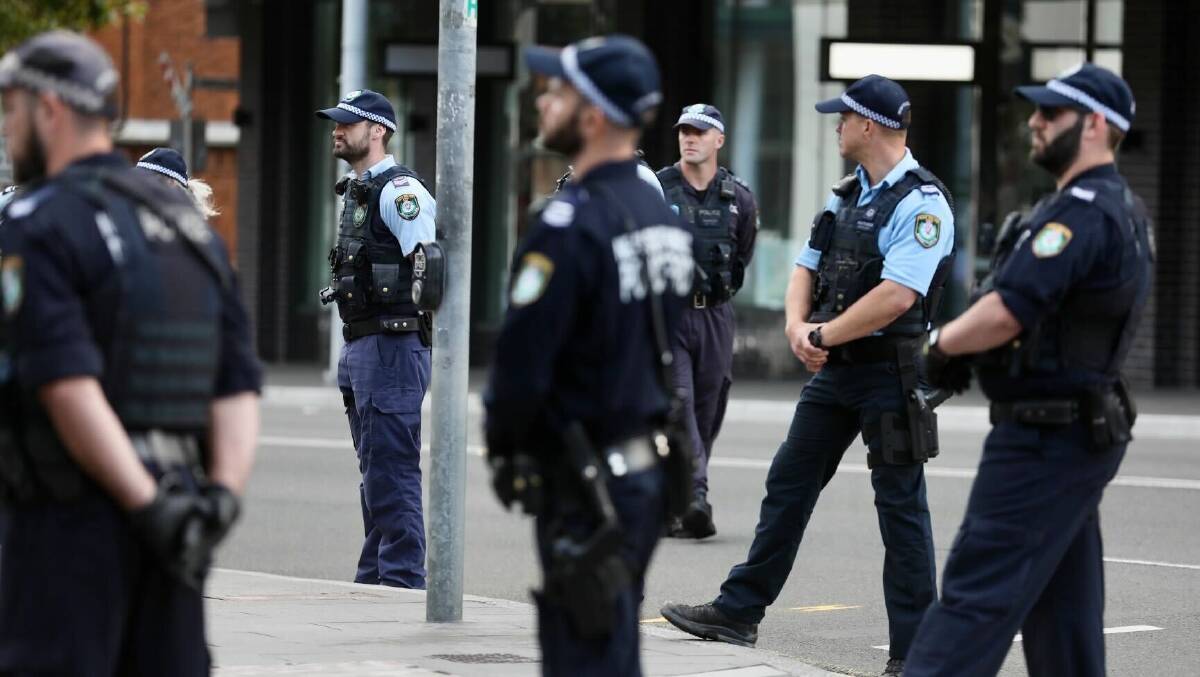People who participate in anti-authority protests are more vulnerable to radicalisation when compared with other protesters and non-protesters, a new study has found.
The research by the Australian Institute of Criminology looked at major protest activity from 2020-22 "involving individuals and groups driven by a range of motives and ideologies".
It said "concerns have also been raised about the involvement of extremist actors and their attempts to exploit certain movements, such as protests against the public health response to the COVID-19 pandemic, to pursue their political, social and ideological goals as part of a broader anti-government movement".
The researchers found around one in five respondents to their survey had participated in at least one in-person protest.
Among recent protesters, around one in four surveyed had participated in what were defined as anti-authority protests against government.

The research found that anti-authority protesters "exhibited more risk factors and fewer protective factors for cognitive and behavioural radicalisation than other respondents, including people who had recently participated in protests in support of other issues or movements".
They were more likely to be male, more likely to "endorse conspiracy beliefs", and more likely to "report having contact with the criminal justice system both as a juvenile and as an adult".
There were also some interesting disparities found between those who had participated in protest activity before January 2020, and those who participated in later protests, such as those protesting the COVID-19 lockdown and vaccines.
"First-time anti-authority protesters [after January 2020] were less trusting, less likely to perceive politicians and government as legitimate, less satisfied with democracy and more likely to endorse conspiratorial beliefs," the researchers found.
They also noted that "a prominent feature of the freedom movement was its ability to unify an otherwise disparate group of actors".
"It brought individuals and groups with extreme views together with people unhappy with public health measures," they said.
"This was no more apparent than during the [January 2022] Convoy to Canberra, where thousands of people marched on Parliament House. This was a collective of people protesting a 'grab-bag' of conspiracies and grievances."
The researchers described the strength of the "freedom movement" as its ability to "recruit, mobilise and retain a network of individuals who support their agenda".
Distrust in mainstream media reporting was prevalent as "85.1 per cent of anti-authority protesters agreed or strongly agreed that mainstream media reports in a biased and false manner".
Around one-third believed voting in elections was rigged, or votes were never counted fairly.
More than half agreed "secret societies control the world" and COVID-19 had been intentionally released as part of an orchestrated plan.

